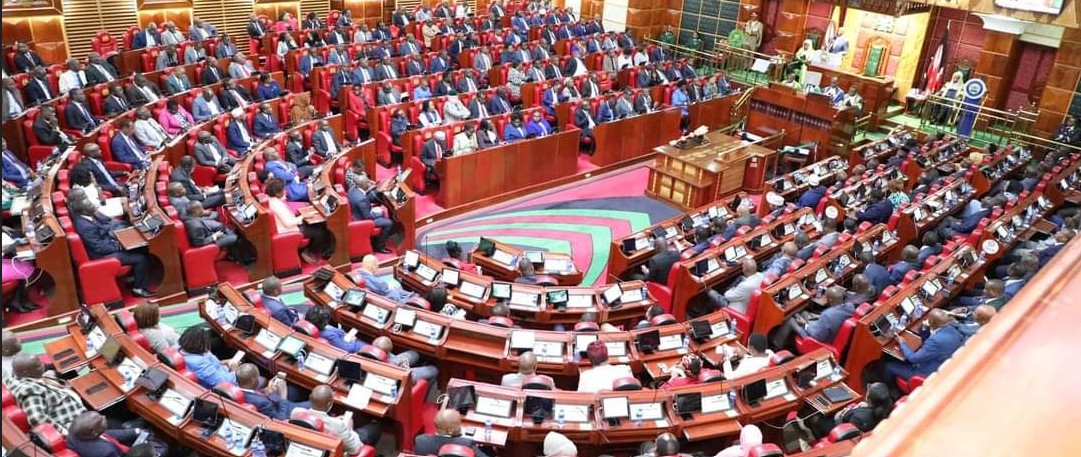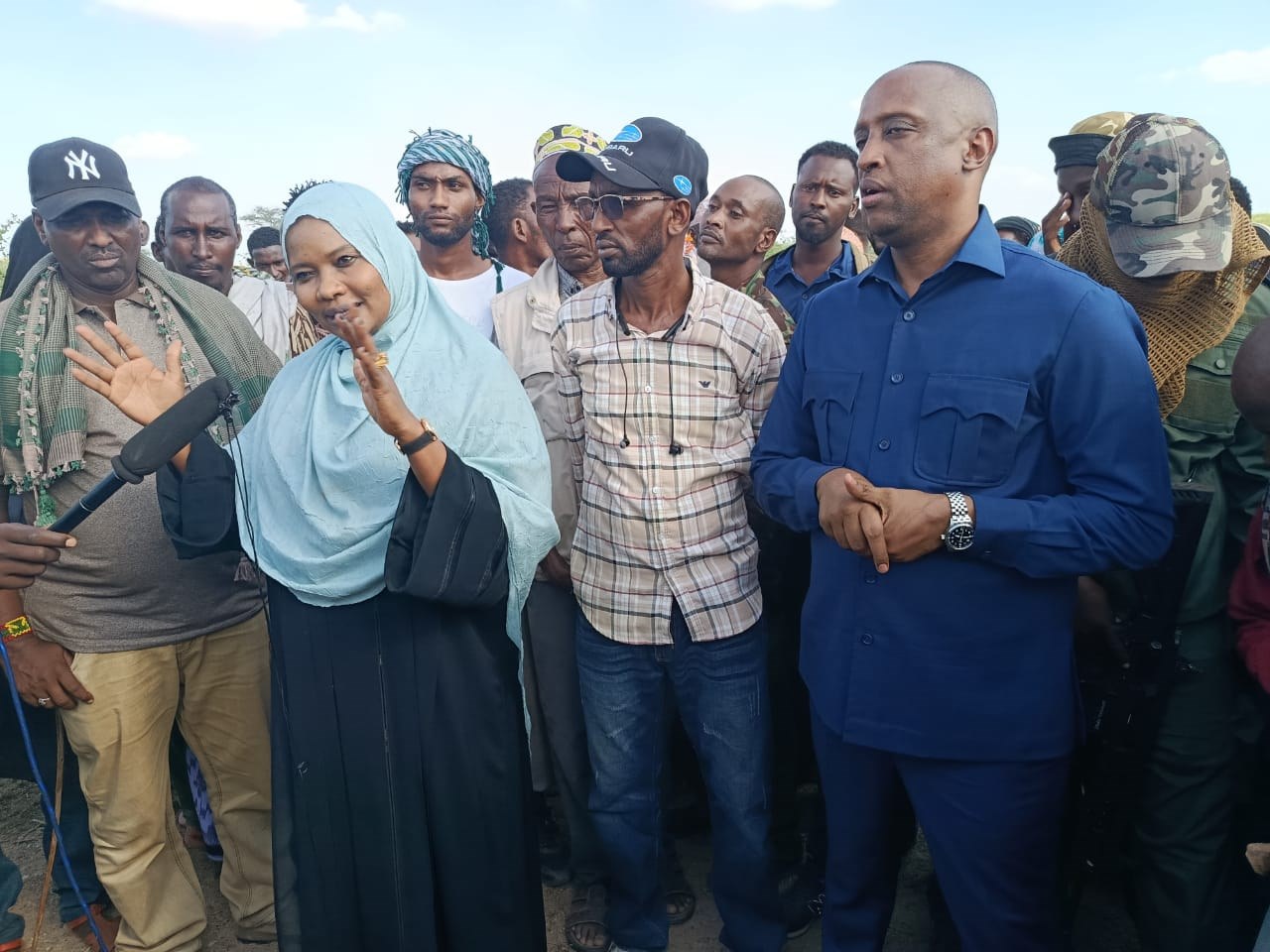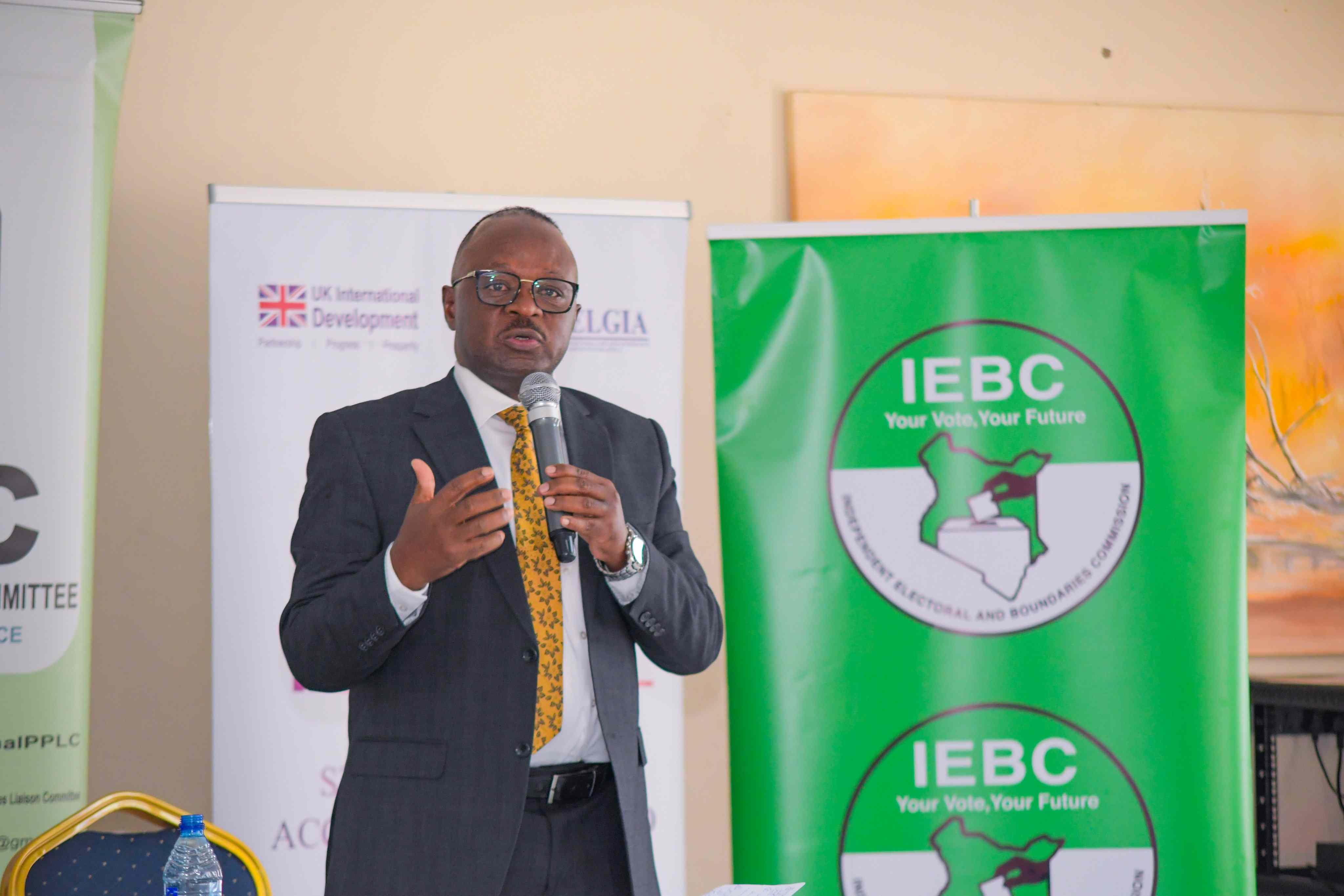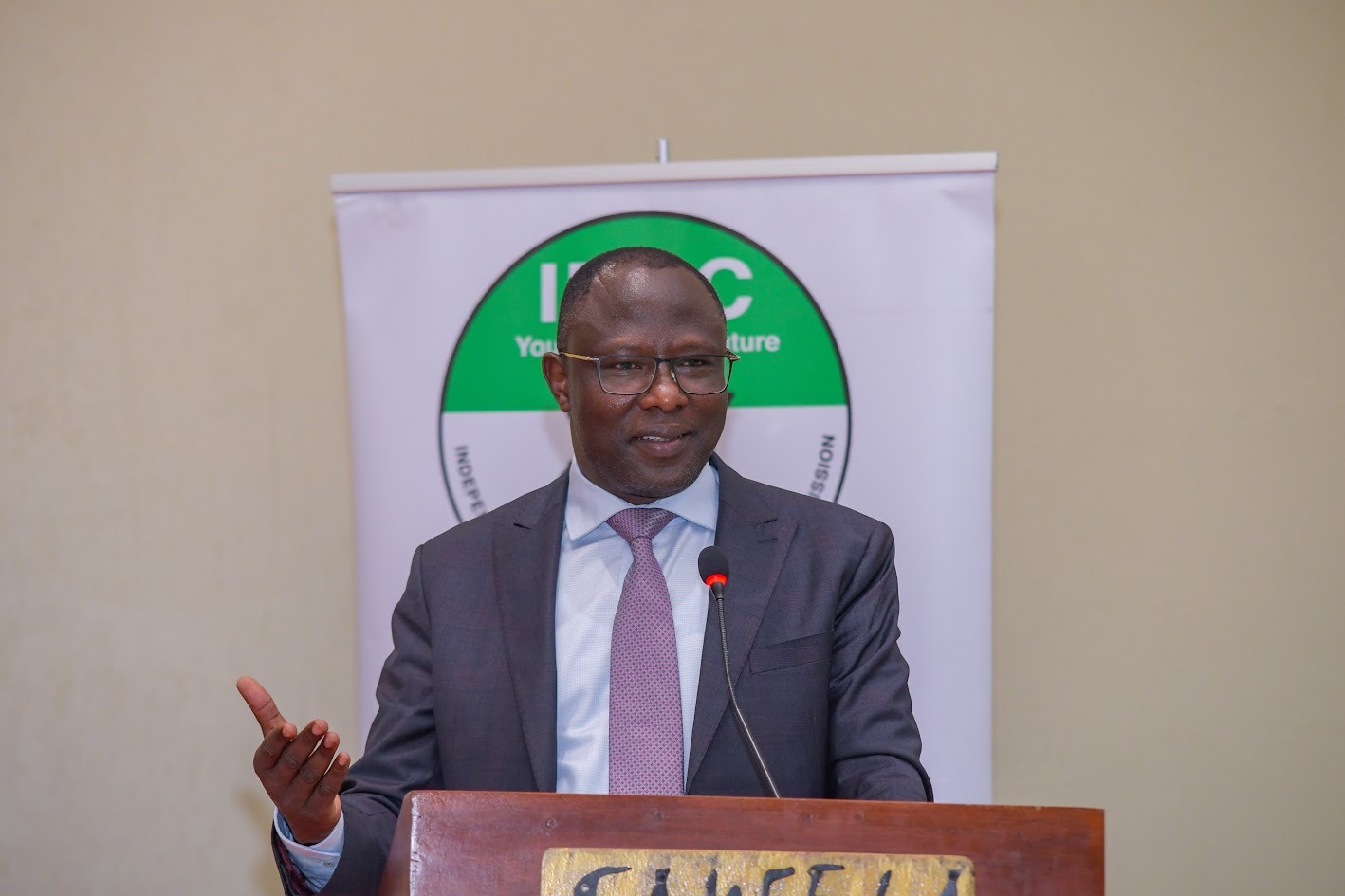Gender CS nominee Hanna Cheptumo says women killed in Airbnbs were after money
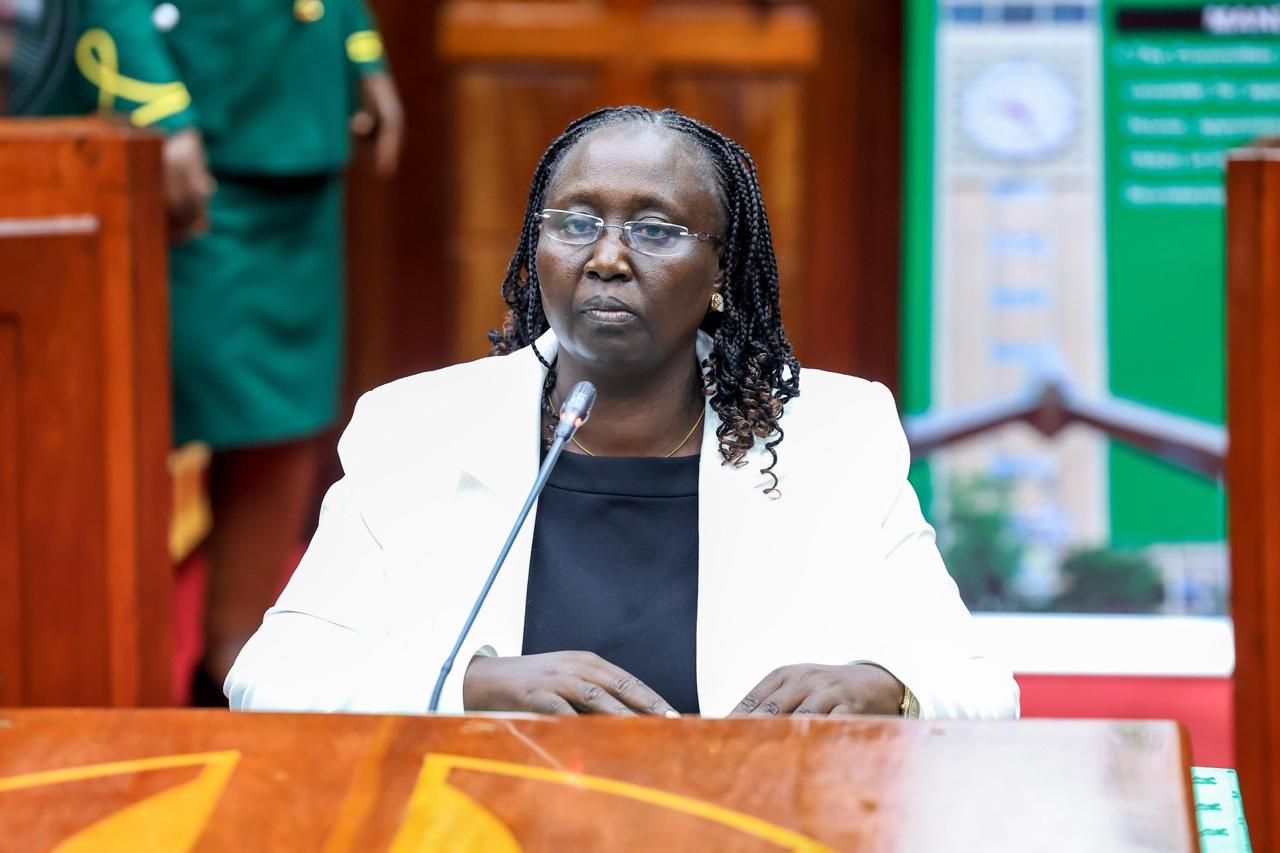
According to Cheptumo, femicide is driven by economic dependency.
Gender Cabinet Secretary nominee Hanna Wendot Cheptumo has come under sharp criticism for remarks made during her vetting, where she appeared to blame young women killed in Airbnbs for their own deaths, suggesting they were seeking money.
Cheptumo made the controversial remarks on Monday while appearing before the National Assembly Committee on Appointments, chaired by Speaker Moses Wetang’ula.
More To Read
- Government to reunite 44,000 children in private orphanages with their families by 2032
- Petition to move Jomo Kenyatta’s remains from Parliament put on hold
- Human rights group demands Cheptumo’s removal as Gender CS, cites harmful views on femicide
- National Assembly Committee on Appointments approves Ruku, Cheptumo for Cabinet Secretary positions
- Gender CS nominee Hanna Cheptumo proposes gender education in schools to tackle GBV
- Watch: MPs vet Gender, Culture and Arts CS nominee Hanna Cheptumo
According to Cheptumo, femicide is driven by economic dependency. She argued that if girls were empowered through education and had financial independence, they would avoid situations that put them at risk.
“If girls were able to have economic power, they would not depend on the other gender. Sometimes you find them in places where they are exposed because they are trying to get an alternative source of income,” she said.
But Wetang’ula challenged her line of reasoning, pointing out that some of the women killed in Airbnbs were university students and were educated.
“But the girls who are killed in Airbnbs are in universities, and they are educated,” Wetang’ula noted.
Gender CS nominee Hanna Cheptumo claims women killed in Airbnbs were after money.
— The Eastleigh Voice (@Eastleighvoice) April 14, 2025
Speaker Moses Wetang'ula: The girls who have been killed in Airbnbs are in universities. They are educated.
Cheptumo: They are educated, but those ones are looking for money. https://t.co/2bJnzIyh5x
In her response, Wendot said, “Yes, they are educated, but those ones are looking for money.”
Strong reaction
Her remarks sparked a swift and strong reaction from members of the committee, including Mombasa Woman Representative Mishi Mboko.
“Point of order, Honourable Chairman, it is not good to say that those girls are looking for money, and that is why they’re brutally murdered,” Mishi said.
“We have seen so many other women who have been murdered and not in those circumstances. It is very wrong to say that those women who have been found butchered, their bodies dismembered, put in a sack — that they were doing that for money.”
Cheptumo, who also addressed issues of early marriage during the session, attributed the practice to cultural norms and economic pressures, stating that in her community, it is men who drive such decisions.
“These are men who give out their daughters because they want bride price,” she said. “Once a girl develops some parts of the body, they are encouraged to be married off before she gets pregnant.”
She emphasised the importance of education in curbing both early marriage and femicide, adding that vocational institutions such as TVETs can provide alternatives for girls who do not perform well academically.
“We need to encourage our girls. If a woman is educated, chances are that they will avoid some of these challenges in society,” she said.
Cheptumo's comments come against the backdrop of a growing femicide crisis in Kenya. Data from the National Police Service and the National Crime Research Centre shows that at least 129 women were killed between January and March 2025. Most cases were reported in Busia, West Pokot, and Nandi counties.
March recorded the highest number of femicide cases at 44, followed by January with 43, and February with 42.
The statistics were presented during a meeting of the Technical Working Group on Gender-Based Violence and Femicide, which also concluded consultations with stakeholders addressing sexual and gender-based violence across the country.
In 2024, Kenya recorded 579 femicide cases — up from 534 in 2023 and 526 in 2022. Men were responsible for 85 per cent of these killings, women for 10 per cent, while 5 per cent of the perpetrators remain unidentified.
Female-perpetrated murders were highest in Nairobi (21 cases), followed by the Central region (19). Kisumu, Kilifi, and Nairobi recorded the most murders by unidentified assailants.
Top Stories Today







